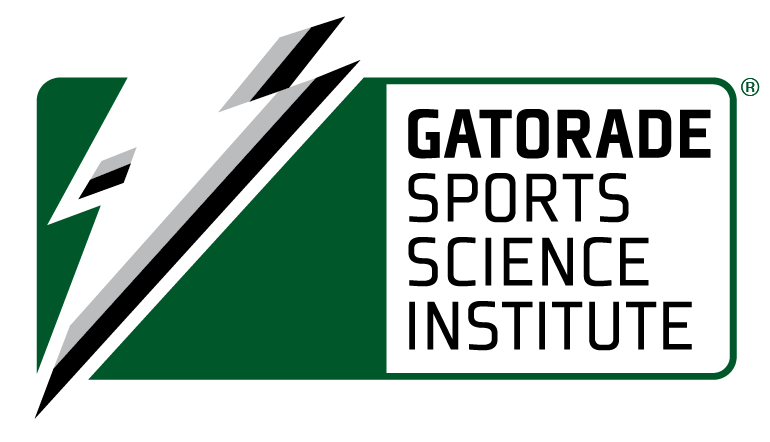Exercise, Type 2 Diabetes and Communities of Color
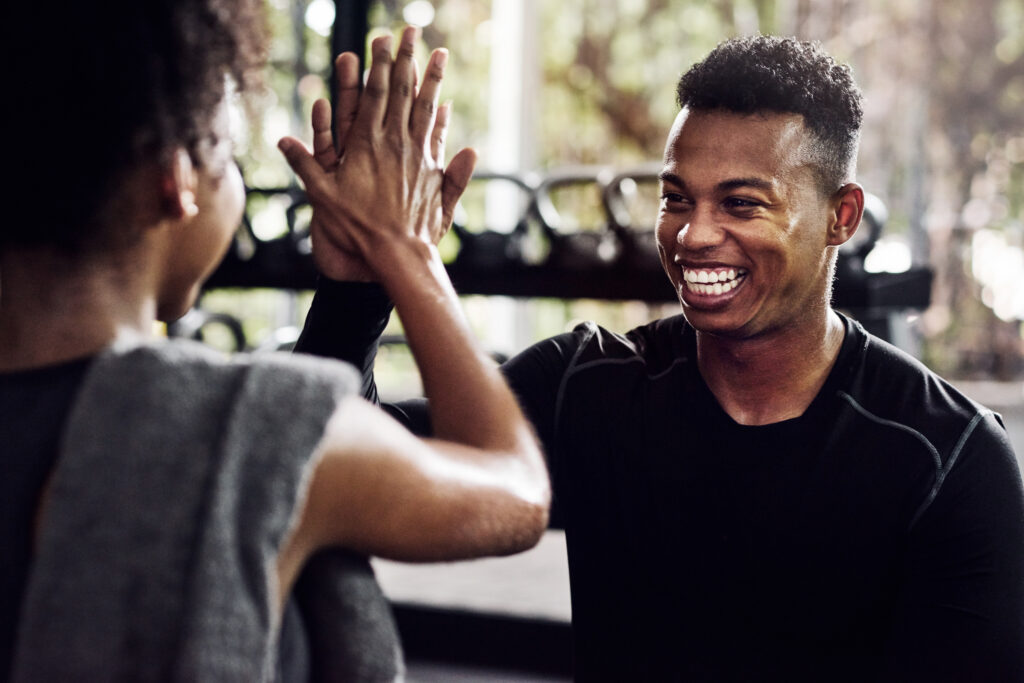
ACSM’s February release of its new consensus statement on type 2 diabetes (T2D) and physical activity is timely for Black History Month 2022 — communities of color disproportionately bear the burden of overweight/obesity and diabetes, likely due in large part to social and environmental factors. For instance, we know that a reduction in physical education […]
ACSM Publishes New Recommendations on Type 2 Diabetes and Exercise

(Indianapolis)- Diabetes is a chronic disease that affects more than 463 million people worldwide, and type 2 diabetes accounts for 90-95% of all cases. Research in exercise science confirms that physical activity can help prevent type 2 diabetes, as well as help patients manage its effects. To assist consumers and exercise professionals in fighting type […]
6 Tips for Physical Activity with Type 2 Diabetes
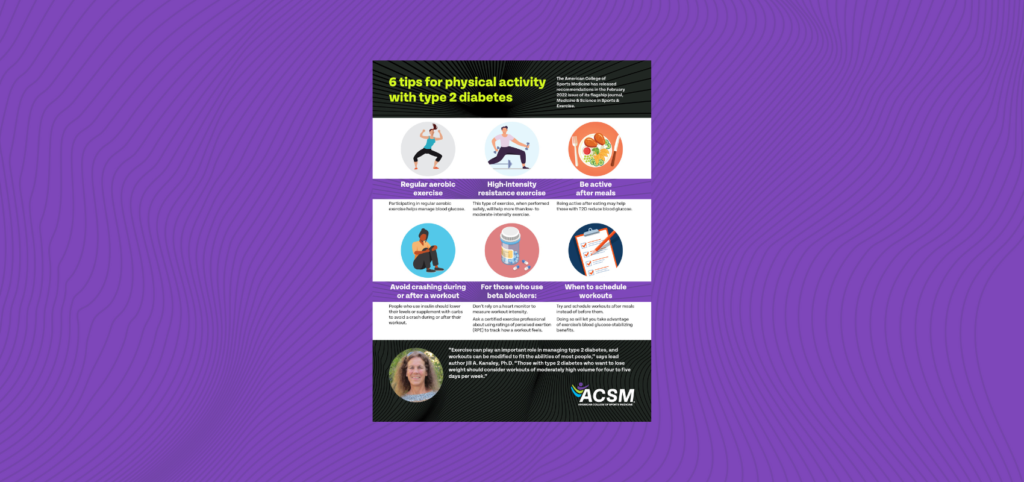
Research in exercise science confirms that physical activity can help prevent type 2 diabetes, as well as help patients manage its effects.
Biobanks and Advanced Genetics Bring New Tools to Exercise Sciences

To a varying extent, most human characteristics are heritable. The genetic component of physical activity behavior and many related physiological phenotypes has been established as polygenic. This means that variation in these phenotypes is explained by the contributions of hundreds or thousands of genetic variants, each of which has a small effect size. Advances in […]
Exercise and Glucose Intolerance during Pregnancy: Exercise Dose and Timing Matter

Glucose metabolism during pregnancy plays a pivotal role in maternal and fetal health. Impaired glucose tolerance in pregnancy, such as gestational diabetes, is at the center of the “diabetes begetting diabetes” intergeneration vicious circle. It has been related to not only adverse obstetrics and perinatal outcomes, but also substantially increased risk of cardiometabolic disorders in […]
Parkinson’s Exercise Recommendations
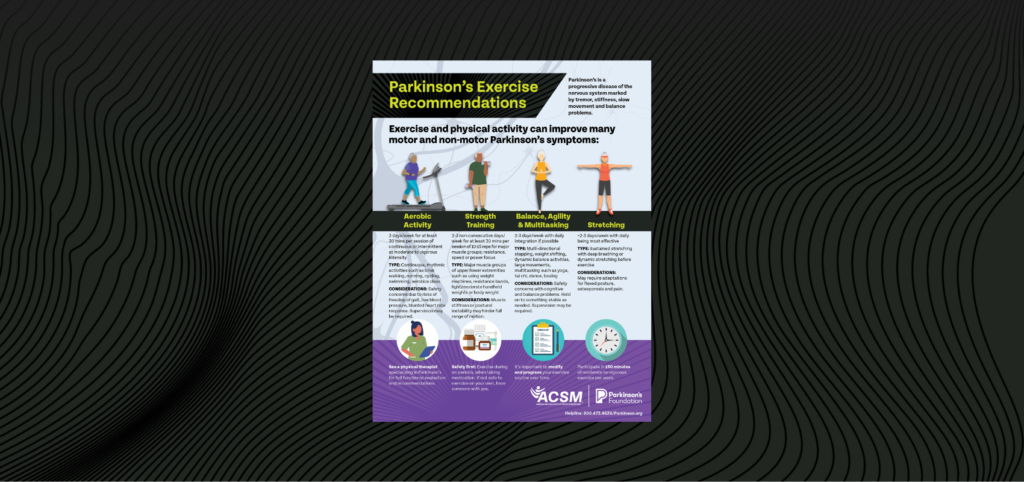
Exercise and physical activity can improve many motor and non-motor Parkinson’s symptoms. Learn more in this infographic developed alongside the Parkinson’s Foundation.
Moving with Arthritis
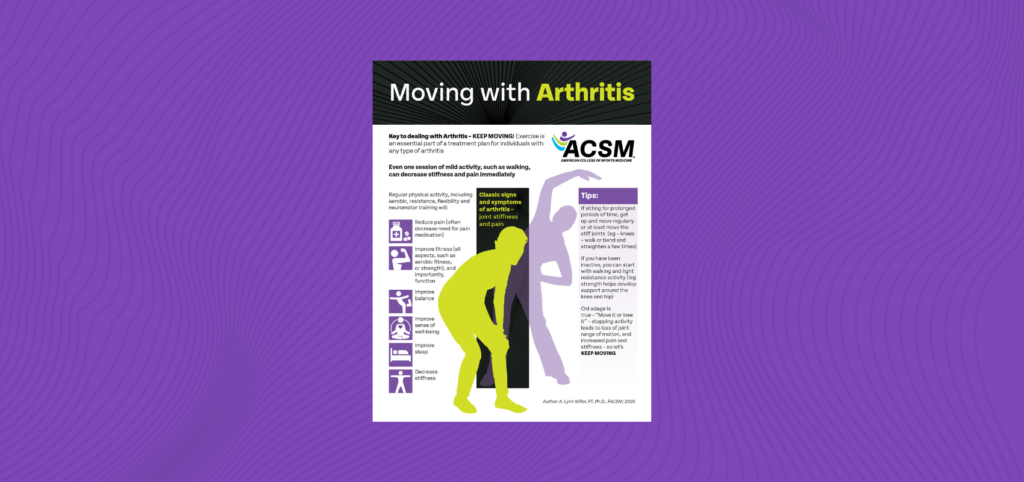
The key to dealing with arthritis is to KEEP MOVING! Exercise is an essential part of a treatment plan for individuals with any type of arthritis. Arthritis expert A. Lynn Millar, PT, PhD, FACSM, shares important tips in this infographic.

